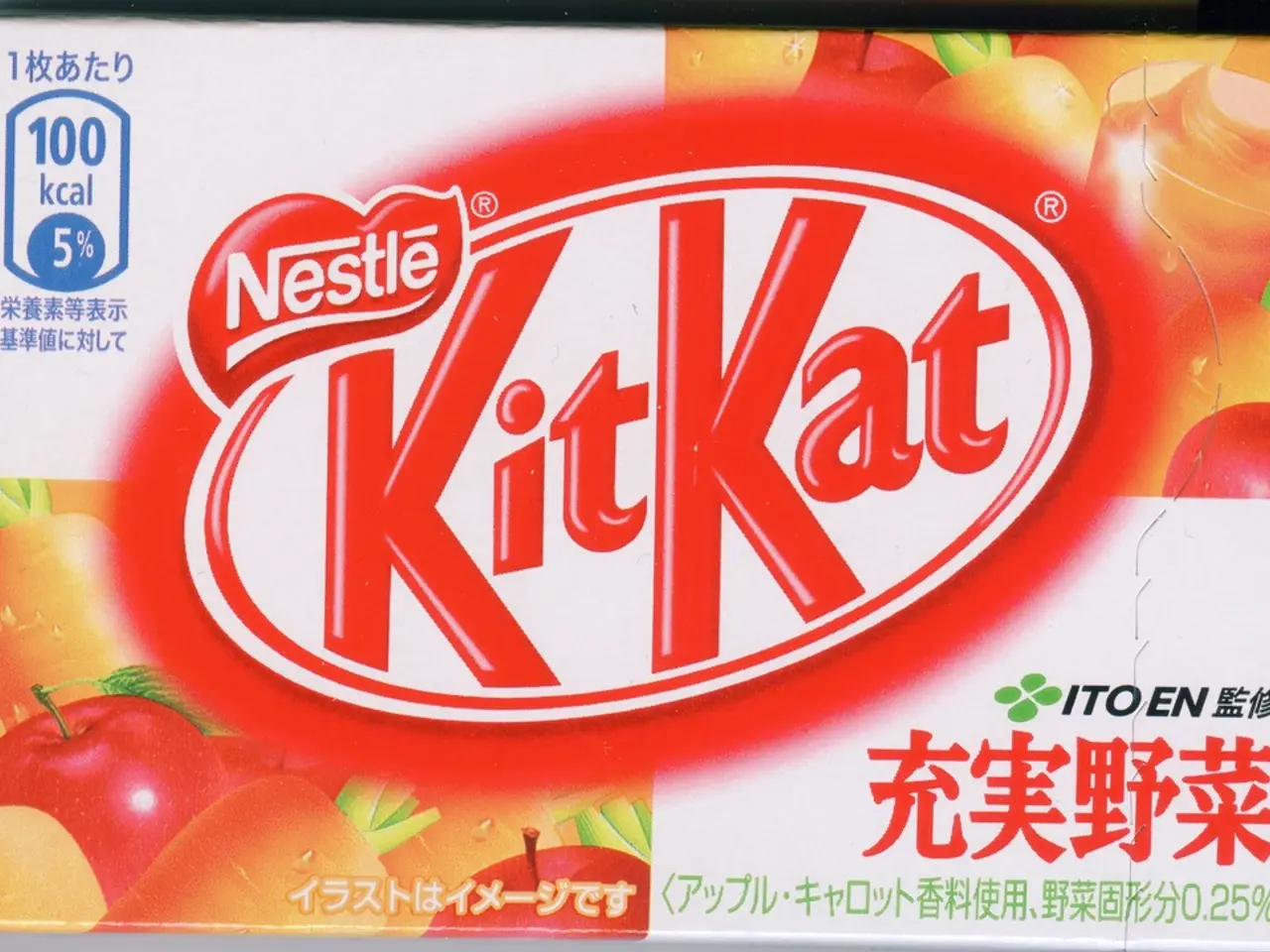Embracing GLP-1 medications for weight loss? Strength training is indispensable why
In the realm of weight loss, more than 15 million Americans are now turning to GLP-1 drugs like Ozempic, Wegovy, and Mounjaro, originally created to treat type 2 diabetes. While these medications have shown superior weight loss effects with little risk, a significant concern remains: muscle mass loss.
According to various studies, 5-40% of the lost weight may come from lean mass, including muscle. Some research suggests muscle loss might be less than previously thought, partly because some lean mass loss is from non-muscle tissues like the liver. However, other studies highlight a risk of significant muscle loss, especially without lifestyle interventions.
To minimize muscle loss during GLP-1-induced weight loss, the recommended strategies include regular strength training and proper nutrition.
Strength Training Exercises
Engage in regular resistance training, focusing on all major muscle groups. Exercises such as squats, deadlifts, bench presses, rows, overhead presses, and lunges are effective for maintaining strength and muscle. Incorporate progressive overload for continued muscle stimulus, and include compound movements that recruit multiple muscles and promote metabolic health.
Nutritional Practices
Consume adequate protein intake to support muscle protein synthesis, generally recommended at about 1.2 to 2.0 grams per kg of body weight per day. Ensure a balanced diet rich in micronutrients, vitamins, and minerals to offset any absorption issues caused by GLP-1 drugs' effects on gastric emptying. Consider timing protein intake around workouts to maximize muscle repair, and maintain sufficient overall calorie intake to avoid excessive muscle catabolism while still supporting fat loss.
Additional considerations highlight the importance of combining GLP-1 medication use with lifestyle modifications. Strengthening exercises not only preserve lean muscle mass but also improve metabolism, insulin sensitivity, bone health, and quality of life. Without these, muscle loss can worsen metabolic health and physical function, especially in older adults or those at risk of sarcopenia.
In summary, while GLP-1 drugs induce significant fat loss, dedicated strength training coupled with proper nutrition is critical to minimizing muscle loss and maintaining overall health during treatment. Exercise and strength training to stave off too much muscle loss are especially critical if you're 65 or older.
For expert advice on easing into a healthy routine, sign up for CNN's Fitness, But Better newsletter series. And remember, strength training is crucial for everyone, including those not on GLP-1s, to maintain health, longevity, and quality of life.
[1] Bhupathiraju SN, et al. (2018). Association between protein intake and sarcopenia in older adults: a systematic review and dose-response meta-analysis of prospective studies. JAMA Internal Medicine.
[2] Bain SC, et al. (2018). The effects of liraglutide on body composition and physical function: a systematic review and meta-analysis. Obesity Reviews.
[3] Buse JB, et al. (2016). GLP-1 receptor agonists in the treatment of obesity: a systematic review and meta-analysis. The Lancet Diabetes & Endocrinology.
[4] Holm L, et al. (2015). Liraglutide for weight management in obese patients with type 2 diabetes: a randomized, double-blind, placebo-controlled trial. The Lancet.
[5] Schauer PR, et al. (2009). Long-term effects of liraglutide on weight and cardiovascular risk factors in patients with type 2 diabetes: a randomized trial. The New England Journal of Medicine.
- Strength training exercises such as squats, deadlifts, bench presses, rows, overhead presses, and lunges, which focus on major muscle groups, can help minimize muscle loss during health-and-wellness treatments like GLP-1-induced weight loss.
- Nutritional practices including consuming adequate protein intake and maintaining a balanced diet rich in micronutrients, vitamins, and minerals are important to support muscle protein synthesis and prevent muscle loss, especially during health-and-wellness programs.
- A combination of GLP-1 medication use and lifestyle modifications, such as strength training and proper nutrition, is crucial in maintaining health and quality of life, particularly for older adults, although strength training is beneficial for everyone.
- With regards to weight management, therapies and treatments like CBD, in addition to GLP-s and Medicare, could potentially play a role in enhancing overall health, but more research is needed to evaluate its effectiveness and safety in this context.




